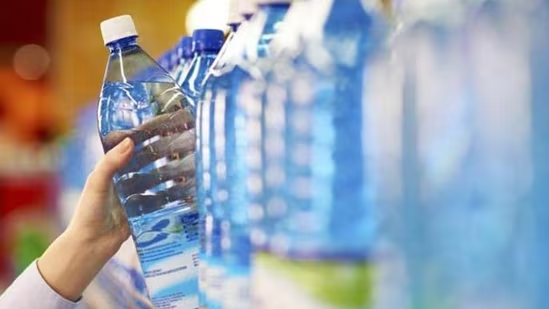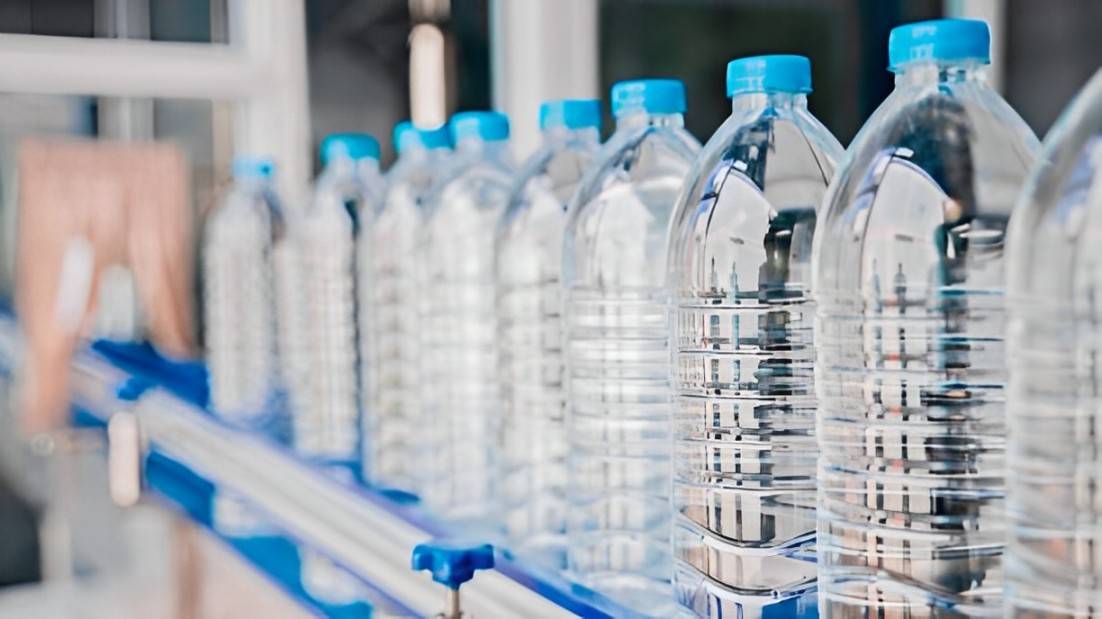In an era where environmental consciousness is more critical than ever, the common practice of reusing plastic water bottles merits a closer examination. While it might seem like a harmless act of recycling, this habit poses significant risks to both our health and the environment. This article delves into the reasons why reusing plastic bottles is detrimental and explores sustainable alternatives that can replace this practice.
Environmental Implications
Plastic water bottles contribute significantly to environmental degradation. The production process itself is resource-intensive, relying heavily on fossil fuels. When these bottles are reused, they often end up in landfills or oceans due to improper disposal, leading to pollution and harm to marine life.
Health Concerns
Reusing plastic water bottles can lead to health risks due to the leaching of chemicals such as BPA and phthalates, especially when bottles are exposed to heat or are old. These chemicals are known endocrine disruptors and can cause various health issues, including hormonal imbalances and reproductive problems.
Microplastics: The Unseen Risk Lurking in Every Drink
Microplastics have become ubiquitous in our environment and have made their way into the water we drink, especially from reused plastic bottles. These tiny particles can be ingested and accumulate in the body, potentially leading to inflammation and other health problems.
The Myth of Recycling
The recycling of plastic bottles is fraught with challenges. Not all recycled plastic can be reused for food-grade containers, and the process itself is often not efficient, with many plastics ultimately being downcycled or discarded.

MaSan.co.uk
Cultural Shifts
Society is gradually recognizing the importance of moving away from single-use plastics. This cultural shift is reflected in the growing adoption of reusable materials and the implementation of policies aimed at reducing plastic waste.
Innovations in Sustainable Packaging
Technological advancements have led to the development of more sustainable packaging solutions, such as biodegradable materials and plant-based plastics, which offer viable alternatives to traditional plastic bottles.
Corporate Responsibility
Companies are increasingly held accountable due to their environmental impact. Many corporations are committing to reducing their plastic footprint by investing in alternative packaging solutions and supporting recycling initiatives.
Education and Awareness
Educational campaigns play a crucial role in changing consumer behavior. By raising awareness about the dangers of reusing plastic bottles and the benefits of alternatives, individuals can make more informed choices.
Policy Interventions
Governments around the world are implementing policies to curb plastic use. These range from bans on single-use plastics to incentives for companies that use sustainable packaging.
Community Action
Grassroots movements and community initiatives are vital in the fight against plastic pollution. Local beach clean-ups, plastic-free pledges, and educational workshops can have a significant impact.
The Power of Consumer Choice
Consumers have the ability to operate a vehicle modify through their buying decisions. Opting for products with sustainable packaging or using reusable water containers can influence market trends and corporate policies.

MaSan.co.uk
Holistic Solutions
Addressing the issue of plastic waste requires a holistic approach that includes improving recycling technologies, promoting sustainable alternatives, and changing societal norms and behaviors.
Global Collaboration
The plastic pollution crisis transcends national boundaries and requires global cooperation. International agreements and collaborative efforts are essential to address the issue effectively.
Youth Leadership
Young people are at the forefront of the environmental movement, leading initiatives and advocating for policies that protect the environment. Their involvement is crucial for long-term change.
Ethical Consumption
Consumers are significantly searching for items that align using their values. Ethical consumption not only involves choosing environmentally friendly products but also supporting companies that are committed to sustainable practices.
Resilience and Adaptation
As we face the challenges of plastic pollution, resilience and adaptation are key. Communities and individuals must adapt their lifestyles and embrace resilience in the face of environmental challenges.
Conclusion
Reusing plastic water bottles is a deeply ingrained habit that needs reevaluation due to its health and environmental risks. By embracing innovative alternatives and fostering a culture of sustainability, we can mitigate these risks and move towards a more sustainable future. The collective action of individuals, communities, and governments can lead to impactful changes, paving the way for a healthier planet.


